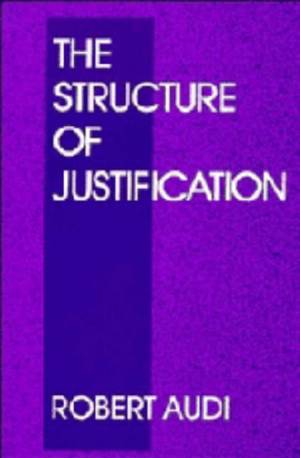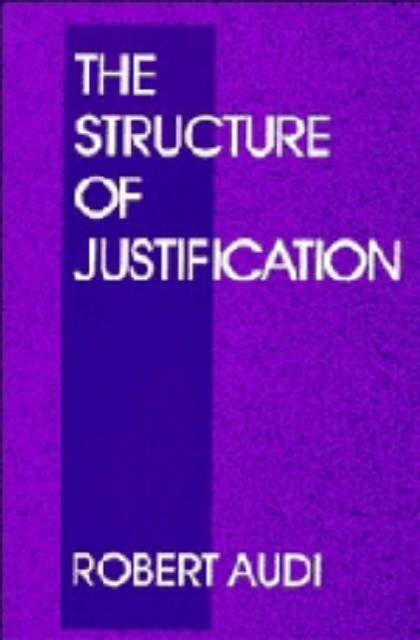
- Afhalen na 1 uur in een winkel met voorraad
- Gratis thuislevering in België vanaf € 30
- Ruim aanbod met 7 miljoen producten
- Afhalen na 1 uur in een winkel met voorraad
- Gratis thuislevering in België vanaf € 30
- Ruim aanbod met 7 miljoen producten
Zoeken
Omschrijving
This collection of papers (including three completely new ones) by one of the foremost philosophers in epistemology transcends two of the most widely misunderstood positions in philosophy--foundationalism and coherentism. Audi proposes a distinctively moderate, internalist foundationalism that incorporates some of the virtues of both coherentism and reliabilism. He develops important distinctions between positive and negative epistemic dependence, substantively and conceptually naturalistic theories, dispositional beliefs and dispositions to believe, episodically and structurally inferential beliefs, first and second order internalism, and rebutting as opposed to refuting skepticism. These contrasts are applied not only to rational belief, but to rational action and the rationality of desires and intentions. The overall position is a pluralist, moderately rationalistic, internalist theory of justification and a partly externalist conception of knowledge. However, by virtue of offering a theory of rationality as well as an account of knowledge and justified belief, it will interest philosophers of ethics, science, and the social sciences and teachers and students of epistemology.
Specificaties
Betrokkenen
- Auteur(s):
- Uitgeverij:
Inhoud
- Aantal bladzijden:
- 496
- Taal:
- Engels
Eigenschappen
- Productcode (EAN):
- 9780521440646
- Verschijningsdatum:
- 27/08/1993
- Uitvoering:
- Hardcover
- Formaat:
- Genaaid
- Afmetingen:
- 152 mm x 229 mm
- Gewicht:
- 893 g

Alleen bij Standaard Boekhandel
+ 354 punten op je klantenkaart van Standaard Boekhandel
Beoordelingen
We publiceren alleen reviews die voldoen aan de voorwaarden voor reviews. Bekijk onze voorwaarden voor reviews.








